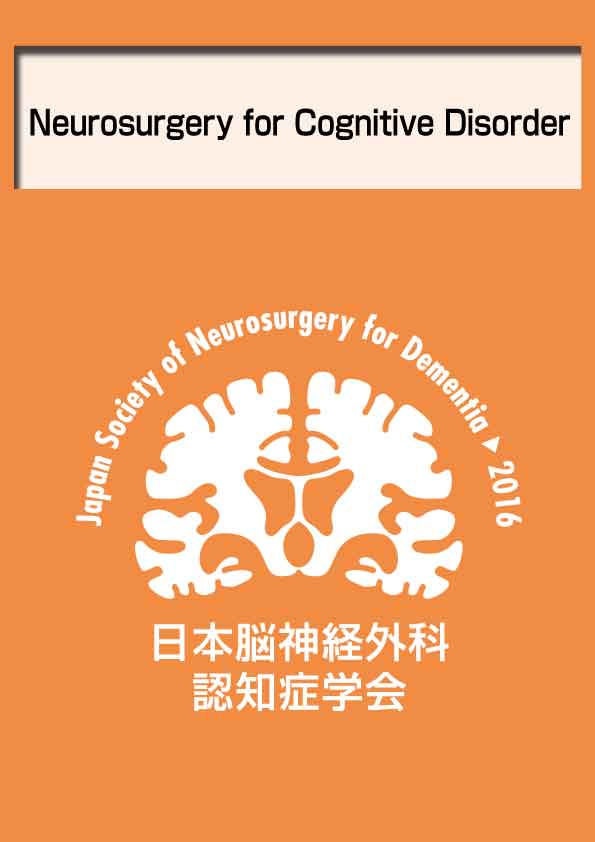Objective: An open study was conducted with the main purpose of examining the tolerability of S allylcysteine (SAC)-rich garlic supplements and the secondary purpose of its effect on cognitive function. Methods: Patients with mild cognitive impairment (MCI) and Alzheimer's disease took SAC rich supplements for 16 weeks and underwent clinical and laboratory observations, including cognitive function tests. Results: Other than feeling of mild abdominal distension and mild diarrhea, there was no malodor of exhaled breath peculiar to garlic, and no side reactions were observed including the results of blood tests. In the intention-to-treat group, Mini-Mental State Examination (MMSE) was improved in 5 cases, unchanged in 11 cases, and worsened in 2 cases (p=0.030). The per protocol group showed an improving trend in the MMSE (p=0.097). Alzheimer's Disease Assessment Scale-Cognitive Subscale, Japanese Version and urinary 8-hydroxy-2'-deoxyguanosine did not change significantly. Conclusions:
The SAC-rich garlic supplement was well tolerated. This supplement is worth investigating in large numbers of cases in double blind whether it improves cognitive function and prevent dementia.
View full abstract
